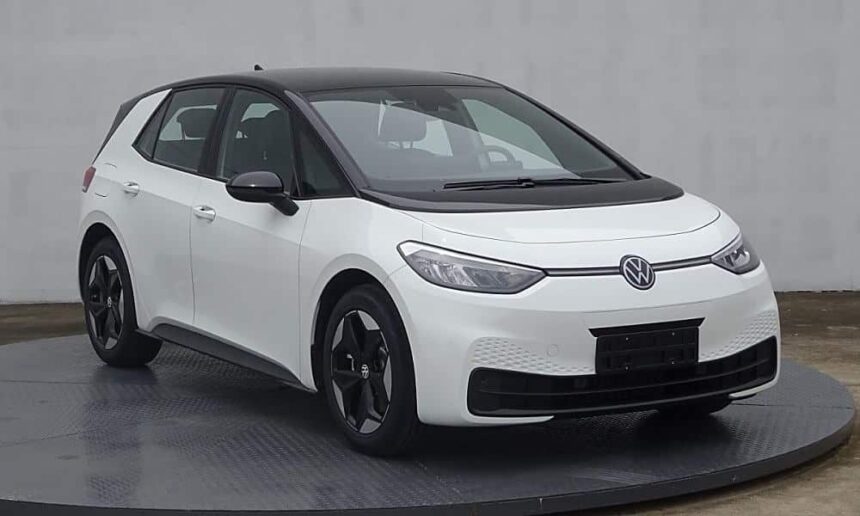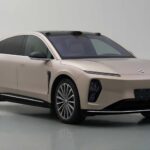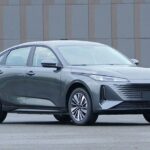The Volkswagen ID.3 electric hatchback has been making waves in China with the introduction of a new version featuring a lithium iron phosphate (LFP) battery. This is a departure from the norm for German EVs like the ID.3, which typically use more expensive nickel manganese cobalt (NMC) ternary packs. The LFP-powered ID.3 was recently unveiled by a local regulator under the Ministry of Industry and Information Technology (MIIT) as Volkswagen sought homologation for the new model.
In terms of specifications, the new ID.3 remains largely unchanged from its predecessor. The 5-seater hatchback measures 4261/1778/1568 mm (length/width/height) with a wheelbase of 2765 mm. It will come equipped with either 18″ or optional 20″ wheels and features a single rear motor with a power output of 125 kW.
While NMC batteries offer higher energy density compared to LFP batteries, they come with higher prices and environmental concerns due to the use of precious metals like cobalt. On the other hand, LFP batteries are cobalt-free, cheaper, and gaining popularity among EV manufacturers. Even Tesla has started using LFP batteries for their German-made Model Y sourced from BYD.
In China, CATL leads the market in NMC batteries, but they face stiff competition from BYD and its Blade batteries in the LFP segment. The shift to LFP batteries could help SAIC-Volkswagen, the manufacturer of the ID.3 in China, reduce costs and stay competitive in the crowded EV market.
The ID.3 has faced challenges in China since its launch in late 2021, with low sales prompting Volkswagen to lower prices and make significant updates to the model. The 2024 annual update now starts at 108,900 yuan (15,370 USD) for the 52.8 kWh NMC version with a 450 km CLTC range. The introduction of the LFP battery pack is expected to further reduce costs and enhance the competitiveness of the ID.3 in the Chinese market.
Overall, the shift to LFP batteries in the Volkswagen ID.3 signifies a strategic move to align with market trends and enhance the affordability and sustainability of electric vehicles. The EV landscape in China is evolving rapidly, and manufacturers like Volkswagen are adapting to stay ahead of the curve.







